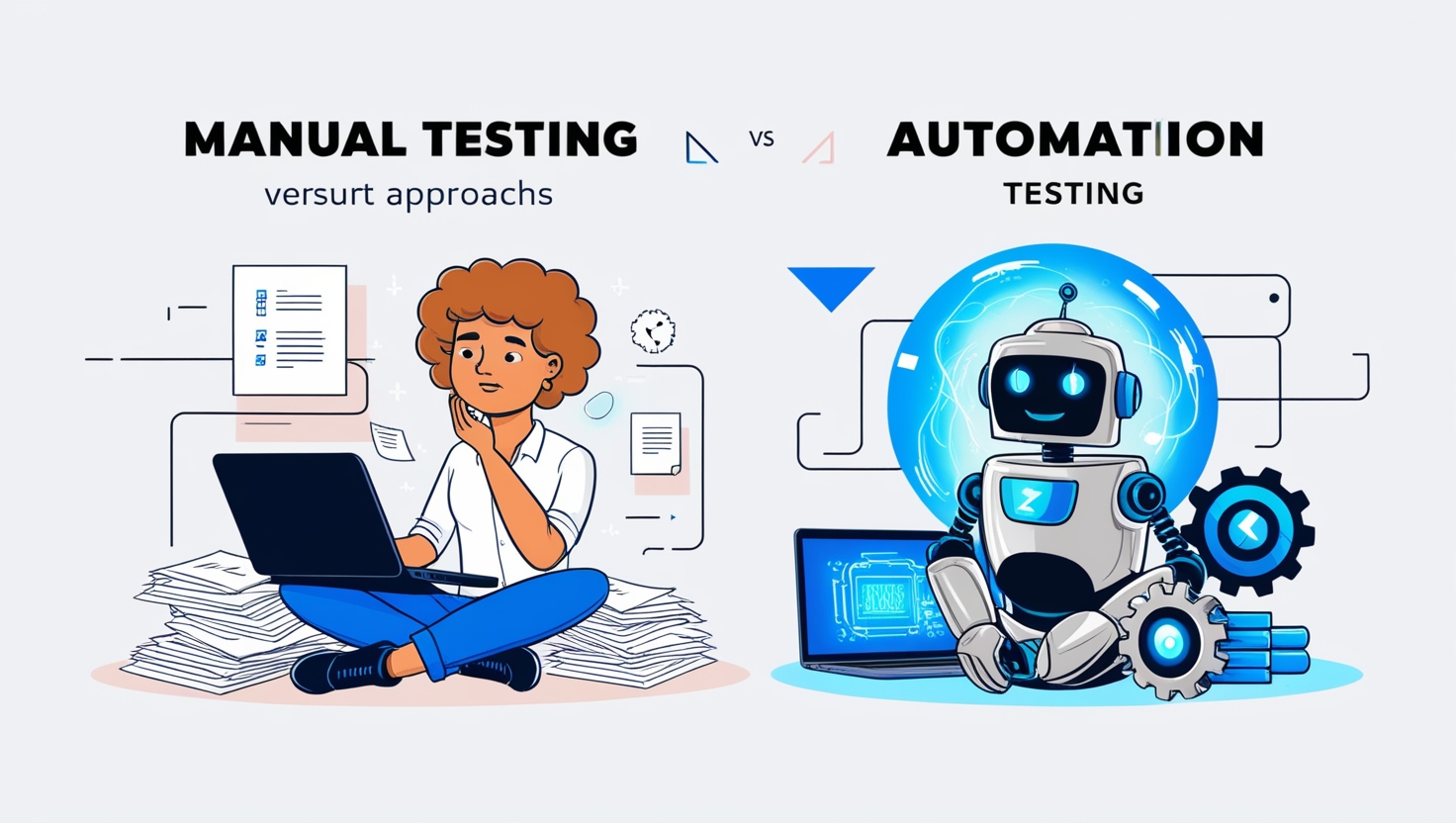Staff Vetting in the UK: A Comprehensive Guide

Hiring the right staff is crucial for any business. But how can you be sure that the candidate sitting across from you is who they claim to be? This is where staff vetting steps in—a process that ensures you’re hiring trustworthy and qualified individuals. In this guide, we’ll walk you through everything you need to know about staff vetting in the UK.
What is Staff Vetting?
The Purpose of Vetting Employees
Staff vetting is the process of conducting background checks to verify a candidate’s identity, qualifications, and suitability for a role. It protects businesses from hiring risks, such as fraud, incompetence, or even legal issues.
Why Staff Vetting is Crucial for UK Businesses
In the UK, stringent laws and ethical standards make vetting not just a good practice but often a legal requirement. Proper vetting safeguards a company’s reputation and ensures a safe and compliant work environment.
Legal Framework Surrounding Staff Vetting in the UK
Key Regulations and Compliance Requirements
Data Protection Act 2018
This act governs how employers collect, store, and use personal data during the vetting process. Employers must ensure transparency and obtain consent from candidates.
The Equality Act 2010
Employers must avoid discriminatory practices during vetting. For instance, DBS checks must not be used to unfairly reject candidates with unrelated criminal records.
Right to Work Checks
Understanding UK Immigration Rules
Employers are legally obligated to verify a candidate’s right to work in the UK. This includes checking passports, visas, or biometric residence permits.
Penalties for Non-Compliance
Failing to perform right-to-work checks can result in hefty fines or even imprisonment for employers.
Types of Staff Vetting Checks
Criminal Record Checks (DBS)
Types of DBS Checks (Basic, Standard, Enhanced)
A basic DBS check reveals unspent convictions, while standard and enhanced checks provide deeper insights, including spent convictions and cautions.
Jobs Requiring Mandatory DBS Checks
Roles involving vulnerable individuals, such as healthcare or childcare jobs, require enhanced DBS checks by law.
Employment History Verification
Reference Checks
Contacting previous employers helps validate the candidate’s claims and assess their performance in past roles.
Verifying Gaps in Employment
Unexplained gaps in employment history could indicate red flags and warrant further investigation.
Qualification and Education Verification
Why This Check Matters
Misrepresentation of qualifications is common and can lead to unqualified individuals in critical roles.
Common Issues in Qualification Fraud
Fake degrees or exaggerated credentials are frequent issues that employers must address during vetting.
Financial Background Checks
Importance for Certain Roles
Roles in finance or management often require financial background checks to mitigate risks related to fraud or embezzlement.
How These Checks Work
This involves reviewing credit reports and bankruptcy records to assess a candidate’s financial responsibility.
The Role of Technology in Modern Staff Vetting
Digital Tools and Automated Vetting Platforms
How AI Enhances Vetting Efficiency
AI-powered tools can quickly analyze data, reducing manual effort and speeding up the vetting process.
Balancing Automation with Human Oversight
While technology can streamline processes, human judgment remains essential to catch nuanced issues.
Ensuring Data Security in Digital Vetting
With the rise of digital vetting platforms, protecting sensitive candidate information is more critical than ever. Employers must use secure systems to avoid data breaches.
Challenges in Staff Vetting
Balancing Thoroughness with Candidate Experience
Extensive vetting can feel invasive to candidates. Striking the right balance is key to maintaining trust.
Cost and Time Implications of Vetting
Thorough vetting can be resource-intensive, particularly for small businesses.
Best Practices for Effective Staff Vetting
Establishing a Clear Vetting Policy
Having a standardized policy ensures consistency and compliance across all hires.
Training HR Teams on Vetting Protocols
Well-trained HR professionals are better equipped to handle sensitive information and ensure a smooth process.
Conclusion
Staff vetting is more than a formality—it’s an essential part of building a reliable and compliant workforce. By understanding the process and leveraging best practices, UK businesses can make informed hiring decisions that drive success.




